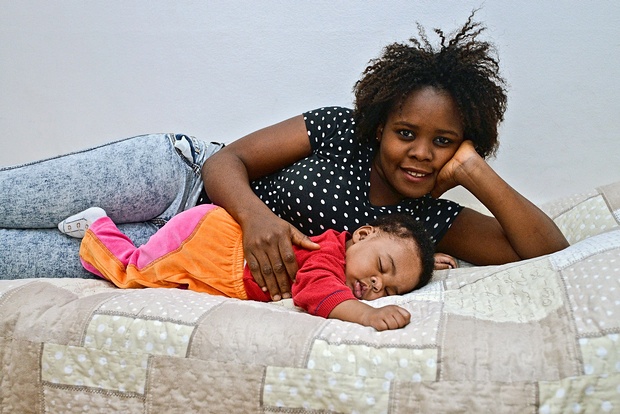

Rosie Scammell
Journalist & editor
Rosie Scammell
Journalist & editor


















I'm a Middle East journalist and editor.
Here you will find a small selection of articles written during my four years reporting on Italy, please get in touch via Twitter for links to additional pieces on a particular region or subject.